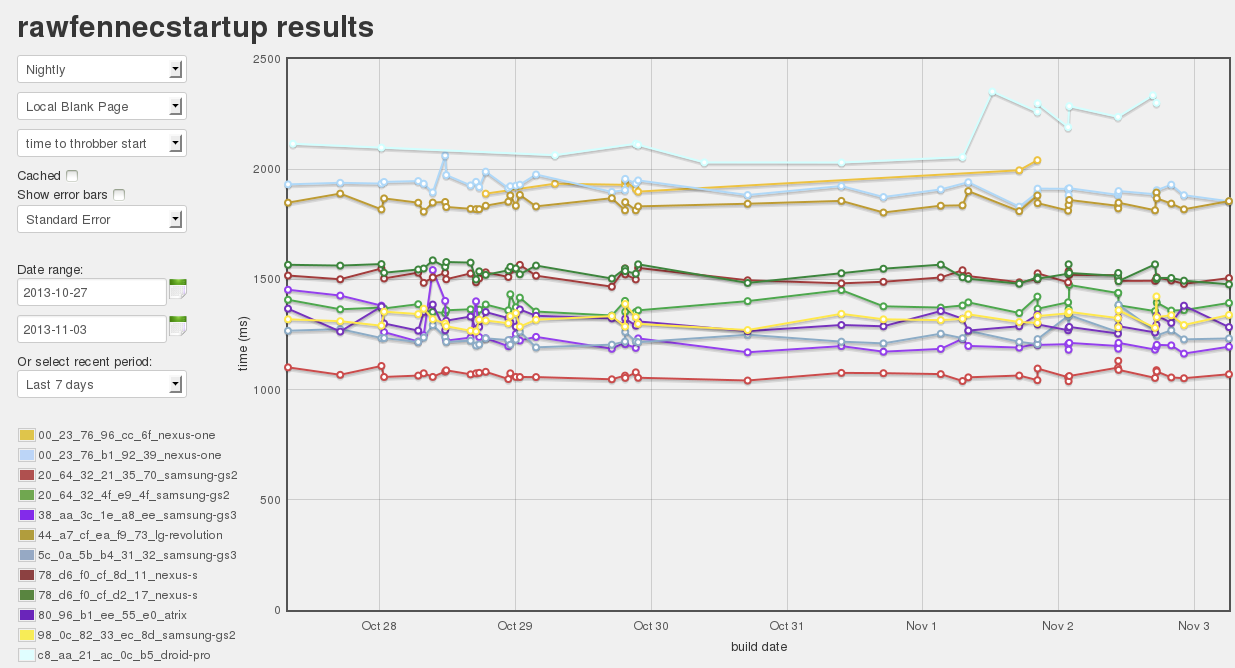Almost 13 years ago, I was a member of Netscape’s Technology Evangelism team tasked with helping promote a web based upon standards that could be accessed by anyone, using any browser on any operating system. Netscape is no more and the web is a much different place than it was in late 2000. In 2004 Firefox showed that alternative browsers were a reality and opened opportunities for others such as Apple’s Safari and Google’s Chrome. Apple and Google brought alternative devices such as smartphones and tablets to the web that were inconceivable in 2000.
Imagine my shock and dismay when I saw the headline from The Atlanta Journal-Constitution “Oregon exchange works with only one browser” in my Google Alert for Internet Explorer.
By limiting their web site to Internet Explorer, the State of Oregon forces their citizens to use not only Microsoft’s Internet Explorer, but also Microsoft’s Windows operating system. Users of Firefox, Safari, Chrome, OS X, or Linux are excluded from using a public web service to obtain a Federally mandated insurance policy.
There is simply no excuse for an Internet Explorer only web site to be developed in the 2013!
As I said over ten years ago:
The future belongs to developers and browsers which support standards. If you fail to take advantage of the coming change in browsers, your competitors will eat your lunch. Once that happens, the only place your web site will be found is on the web archive.
